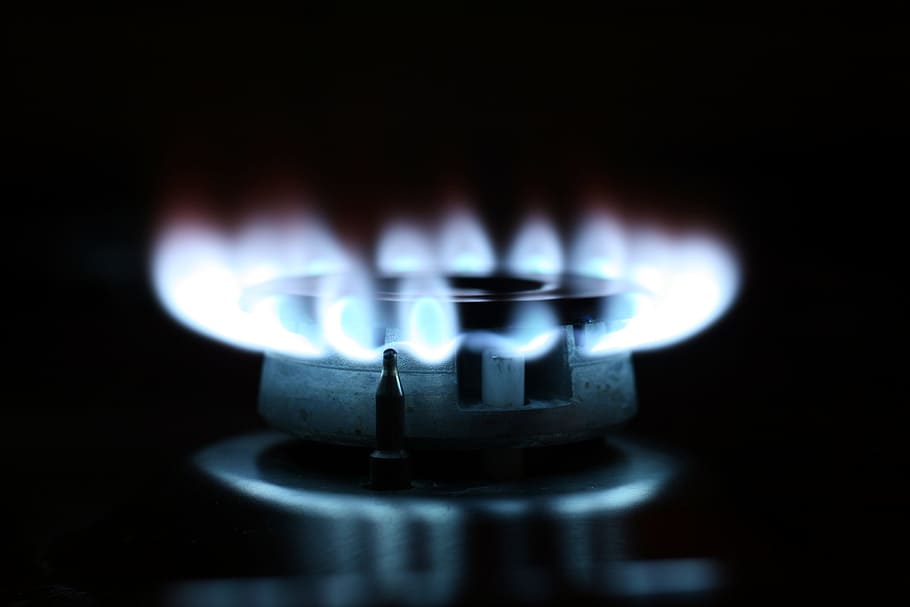Buildings with seven stories or fewer will have to comply with the regulation in 2026, while those with more floors would have until 2029.
On Tuesday, the legislature of the state of New York enacted a measure mandating the use of electricity to power all future structures as a means of reducing the state’s reliance on fossil fuels. This effectively bans the use of gas burners in all kitchens.
The measure is a piece of a larger strategy by the state to invest more money in renewable energy projects and reduce its reliance on fossil fuels. Peaker plants (power plants that resemble slender chimneys that operate during times of high demand) in New York City will be shut down if criteria are satisfied by 2030.
As the leader of the Assembly’s Committee on Environmental Conservation in New York, Deborah Glick issued the following statement: “We must act to give our children and grandchildren a cleaner, safer world.” This budget’s emphasis on climate and the environment will aid in achieving our climate goals and greening the city of New York.
However, not all new constructions are covered by the law that prohibits the use of natural gas. Businesses and industries such as hospitals, restaurants, and laundromats are exempt. Existing structures will not need to be altered because they are safe from destruction. Buildings with seven stories or fewer will have to comply with the regulation in 2026, while those with more floors would have until 2029.
The health dangers associated with gas-powered appliances have been cited by many who advocate for their prohibition. This is because environmental considerations play a central role in New York’s strategy.
The U.S. Consumer Product Safety Commission discussed the dangers of gas stoves in a January interview with Bloomberg. They said that gas stoves contribute to the spread of lung and heart diseases by releasing pollutants into the air.
Other states may or may not follow New York’s lead; nobody knows.
In an interview with CNN, Sarah Fox, an associate law professor at Northern Illinois University School of Law, said, “I think it’s huge that a state is doing it, and not just because New York is a big-impact state.”The narrative shifts, showing these once-vulnerable regions as resilient after enacting these laws. New York is only one of several states that has adopted this practice.

